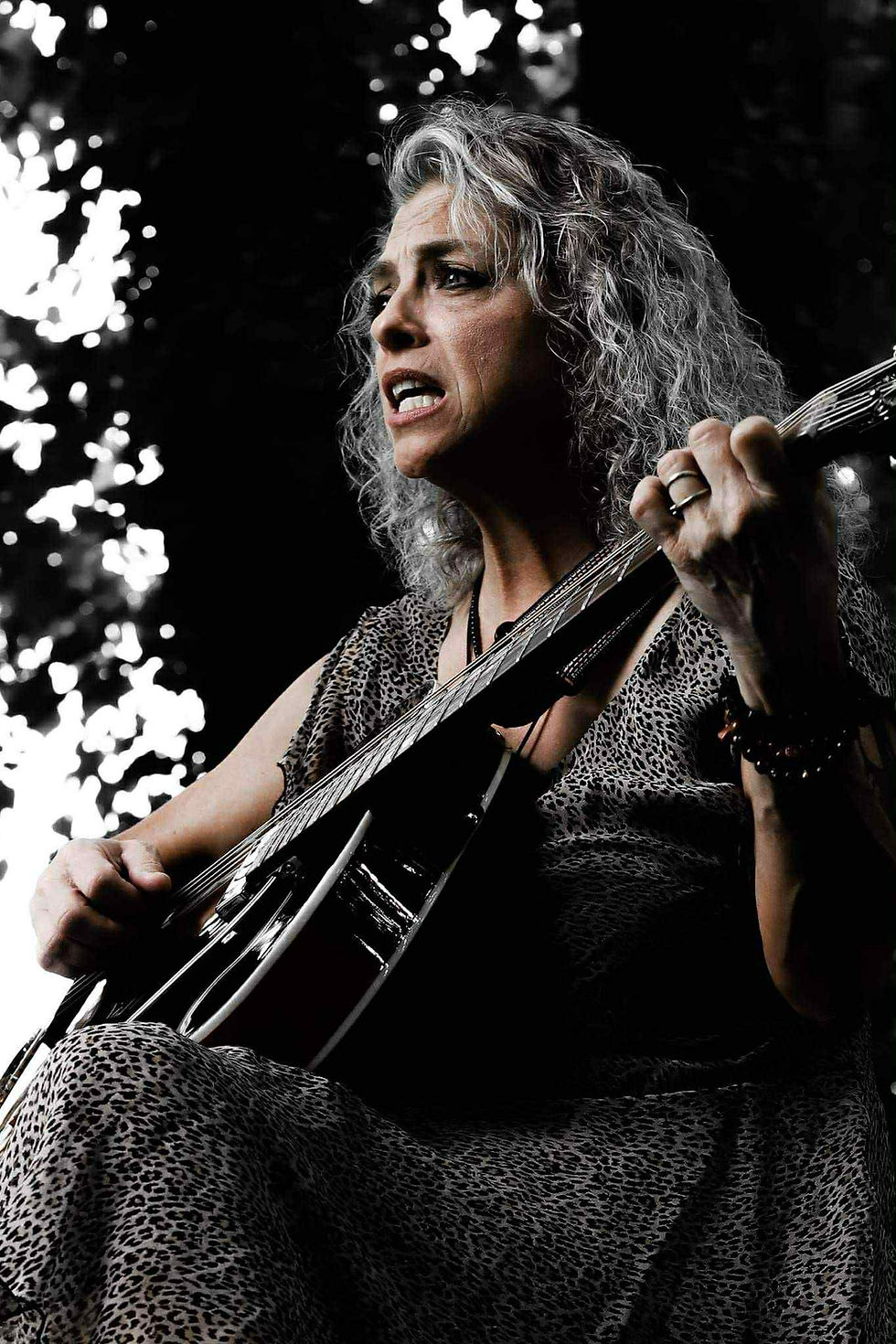A New Release From Emily Masson
- BuzzSlayers

- Mar 29, 2023
- 3 min read

Colorado-based singer/songwriter Emily Masson says that “in order to find our way; we must lose it.” These wise words serve as inspiration for Masson’s second full-length, lost at home. Not much information is given as to what genre her music falls under except for the “alternative” tag. However, after one listen, the low-key, indie sensibilities of a project like this mark it with genuinely intriguing traits.
To quote Pitch Perfect writer, Dino DiMuro, when speaking about her first album, twenty first century mood, “Masson might expand her musical palette based on new arrangements and whatever studio opportunities may avail themselves.” I believe that while the debut does have its charm, lost at home is a more varied effort and is a welcome improvement over the first. It was recorded in a living room somewhere in Montrose, CO.
What I notice when listening to lost at home, beginning with its title track, is that the bass is significantly more pronounced than before. This was a nice surprise to me since I don’t often pick up on bass riffs all that well (even with a good pair of headphones on), but along with Masson’s fluttering vocals, it’s actually the bass that drives the songs! In fact, the tones sound so rich, velvety and overpowering that one could argue it’s too much bass, but being a “living room album” that hearkens back to the days of ‘80s college rock, its sonic imperfections make all the more sense. It’s supposed to sound intimate.
“spiraling up” is the second track. Think if Liz Phair’s deadpan delivery was mixed in with Patti Smith’s drone and The Feelies’ jangle. By the time it gets to the chorus of “Maybe I’m spiraling up / Maybe I’m filling my cup / Maybe I’m not spiraling down,” its signature melody burrows into the brain. The third track, “become the one,” is less in the vein of rock and more in calypso. The bass and percussion take on another sound entirely.
Then we head into the record’s longest track, “her every way,” which is seven minutes and 55 seconds long. I’m not kidding. In fact, the first five songs on here all go on for more than five minutes each. With more pronounced electric guitar parts and snare clicks going on, this song sounds like if Edie Brickell & New Bohemians were an easy-listening artist. The way that line, “There’s no telling what she’s telling,” is sung gave me chills, too. I wish I could say the same for “life begins again,” especially considering that it features the wonderfully talented AJ Fullerton on guitar, but aside from a few pretty vocal harmonies, this sounds like a rehash of the previous song. Perhaps placing it somewhere else on the LP may have made me enjoy it more. Though, I do love the tenacity of those opening lines: “I’ve got a few fucks left / I haven’t spent them yet.”
“broken shells” dares to be different from the rest of the tracks by implementing wah-wah guitar and harder-hitting drums. Additionally, its angry verses are spoken rather than sung, much like in one of Patti Smith’s songs. “why not ask why,” on the other hand, channels both The Feelies and The Vulgar Boatmen with its beat. “I don’t want to eat this American pie,” sings the artist, “Not counting the dead on the other side.” This song, like many others, functions as an urgently delivered call to action.
I have a feeling that audiences will enjoy the groove on “mother nature cries,” which is written from an environmentalist point of view. This gives way to one of the hokiest tracks from Emily Masson, “watchu du.” I envision this as some sort of hillbilly driving song-- I mean, “Americana!” It’s a little slice of something different, and I appreciate that. “our eyes are wide” hints at the fight towards reproductive rights, but at seven minutes and 37 seconds long, it’s way too much. Not helping matters is that, simply put, the song doesn’t go anywhere and offers nothing new sonically. At least the frenetic drumming on closer, “when we’re eighty,” makes up for this relative disappointment.
This is an album where, with its lengthy track times, you’ll need a lot of patience in order to fully embrace it. With that said, you should absolutely still give this sophomore album from Emily Masson a chance, as it is a more varied and well-thought out step up from twenty first century mood. Highly recommended.









Comments